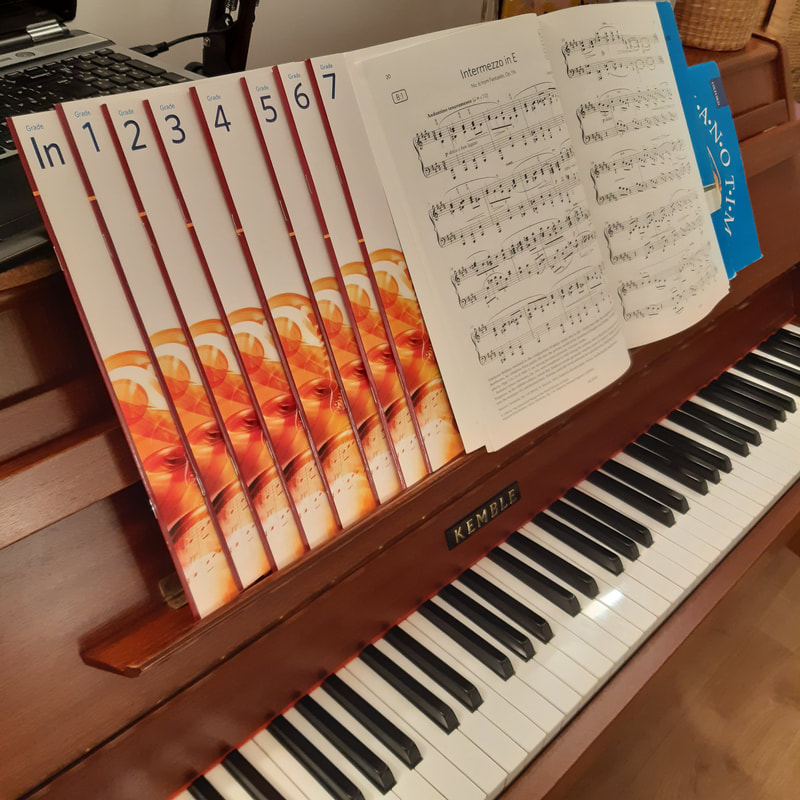- Blog
- Navigare necesse est vivere non est necesse meaning
- The sun origin free download
- Pac man board game
- Qt full screen
- Download bridge baron
- Abrsm accompanist
- Yourls url shortner and social media meta
- Snapseed for mac name and product key
- Genshin impact bluestacks
- Convert pdf to word free
- Graphic card benchmark linus
- Mousterpiece cinema libsyn
- Tux paint play it
With modern computer technology, I see no reason why the exam boards can't come up with something like this. Accompanists on the list could be in touch with each other with regard to making sure all potential dates within a session were fairly well covered. However, if I was on this 'list' that I'm talking about, I could make a point of setting aside a few days each session for this purpose. For me to say no at the stage is too late for the pupil to find somebody else. To travel for one exam will not only be not 'worth my while', but unless I have the date WELL in advance I simply won't be ABLE to do it. I have lots of other daytime commitments, including my own pupils.

A reasonable fee could be agreed by the boards that would make it worth the accompanists' while, as well as making a good accompanist available to all, including those who really don't have a clue what the score is, like a pupil entering for a first singing exam, for example, with a fairly new teacher without established contacts.Īn example of a difficult scenario: I've been asked to accompany a piano pupil who plays another instrument. Trinity offers exams in accompanying if AB and LCM did too, and all three were accredited, they could all agree to provide names submitted to them of those who have qualifications from either board. Perhaps these could be people who have taken exams in accompanying and could therefore be recommended with confidence? It could be stated that these are available on a first come/first served basis as long as they are given copies of all the music by a certain date. "Accompanist supplied" might be going a bit far, because it's important to be comfortable with an accompanist, but it would certainly be of benefit if the exam boards sent out to the teachers, along with the appointment slips, a list of recommended accompanists within a certain distance. I was very active in school and area youth orchestras - I don't feel I missed anything by not having that five minutes playing with a piano accompaniment in an exam. It seems to me that a stressful couple of last minute rehearsals and an uncertain performance in the exam is the worst way to experience ensemble playing. However, on this thread others are describing a "mad scramble" to find someone willing or able to accompany for an exam. I agree SueHM - ensemble playing is vital - I never suggested that it wasn't.

A bit of imagination and commitment is required, but these skills can and should be taught. Or failing that, play a solo line in a higher octave or rope in another student or friend to play with them. Most of us can sing a song or knock out a tune on some other instrument for this purpose - arguably we should be able to do this in the same way that a singing teacher, for instance, should be able to provide a basic accompaniment. Ditto piano teachers who never do any ensemble work with their students - it is easy enough to start off with duets for beginners, and progress to simple accompaniments when they get to about grade 5 standard. Teachers who fail to provide opportunities to do this are letting their students down IMO. Learning to play with an accompanist is an integral part of learning the instrument. The examiner heard the candidate, but I'm sure there would have been a stiff letter to the teacher afterwards.

We once had a candidate turn up with no accompanist and refuse the services of the on-site emergency accompanist (moi!). I can't find anything in the ABRSM guidelines which says that you MUST have an accompanist. I don't recall the subject ever even being mentioned and I was a member of the town youth orchestra - so I knew plenty of instrumentalists. I know I've said this before - and I don't think I was believed - but is it compulsory to have an accompanist at all? I never had one during ABRSM exams in the late 70's/early 80's, neither did my sister or any of my friends.
- Blog
- Navigare necesse est vivere non est necesse meaning
- The sun origin free download
- Pac man board game
- Qt full screen
- Download bridge baron
- Abrsm accompanist
- Yourls url shortner and social media meta
- Snapseed for mac name and product key
- Genshin impact bluestacks
- Convert pdf to word free
- Graphic card benchmark linus
- Mousterpiece cinema libsyn
- Tux paint play it
